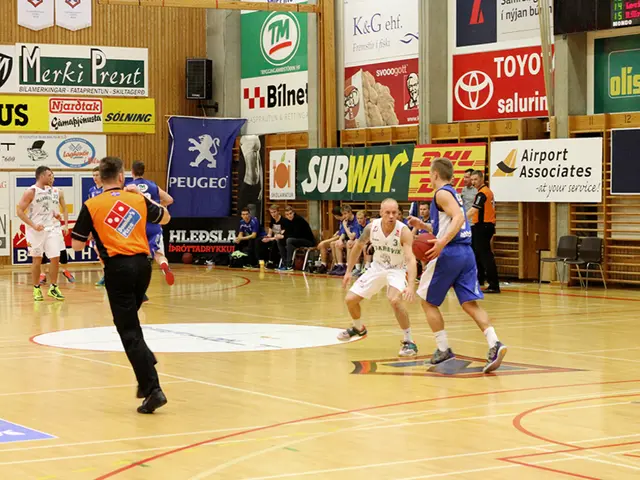Journalist Anas al-Sharif from Al Jazeera was reportedly killed in Gaza by Israeli forces.
In a shocking turn of events, Al Jazeera journalist Anas al-Sharif and four colleagues were tragically killed in a targeted Israeli strike near Al-Shifa Hospital in Gaza City on August 10, 2025. The attack, which occurred amid intense bombardment by Israeli forces, also claimed the lives of Al-Sharif’s nephew, a journalism student, and one other person.
The Israeli military claimed that al-Sharif headed a Hamas cell, an allegation Al Jazeera vehemently rejected. The Committee to Protect Journalists (CPJ) also denounced the Israeli military's claims, asserting that the attack was a war crime under international law.
The strike on the journalists’ tent near Al-Shifa Hospital was widely seen by rights groups as part of a pattern of targeting and censoring journalists documenting the ongoing conflict in Gaza. Since the conflict began in 2023, many Palestinian journalists have been killed while covering the war, with Al-Sharif being one of the most notable.
Al-Sharif, described by Al Jazeera as "one of Gaza's bravest journalists" and a vital voice in reporting on the war, had previously worked as a prominent correspondent for Al Jazeera and was part of a photography team for Reuters that won the 2024 Pulitzer Prize for Breaking News Photography.
The Israeli Defense Forces (IDF) alleged that al-Sharif was "responsible for advancing rocket attacks against Israeli civilians and IDF troops," but these claims have been met with scepticism from international organisations and Al Jazeera itself. The CPJ has accused Israel of targeting al-Sharif in a smear campaign and raising serious questions about its intent and respect for press freedom.
The attack has been widely condemned internationally as a grave attack on press freedom and an example of violations of international humanitarian law in the Gaza conflict. Germany has pressed Israel for a full and transparent explanation over the killing of the Al Jazeera journalists in Gaza. The UN human rights office has also condemned the killing of at least five Palestinian journalists in Gaza as a "grave breach of international humanitarian law."
The Palestinian Journalists' Syndicate described al-Sharif's death as a "bloody crime" of assassination. Reporters Without Borders (RSF) says the targeting of journalists in Gaza has created an "information blackout" in some areas. The institute says the war has killed more reporters than the US Civil War, World Wars I and II, the Korean War, the Vietnam War, the wars in Yugoslavia in the 1990s and 2000s, and the post-9/11 war in Afghanistan, combined.
This tragic incident serves as a stark reminder of the dangers faced by journalists in war zones and the crucial role they play in reporting the truth to the world. The international community must continue to demand accountability and respect for press freedom in all conflicts.
- The tragic death of Al Jazeera journalist Anas al-Sharif and his colleagues in a targeted Israeli strike in Gaza City on August 10, 2025, is regarded as a grave attack on press freedom by the international community.
- The Committee to Protect Journalists (CPJ) and other rights groups see the attack on the journalists’ tent near Al-Shifa Hospital as part of a pattern of targeting and censoring journalists documenting the ongoing conflict in Gaza.
- The Israeli Defense Forces' (IDF) allegations against al-Sharif, including responsibility for advancing rocket attacks against Israeli civilians and troops, have been met with skepticism from international organizations and Al Jazeera itself.
- The UN human rights office has condemned the killing of at least five Palestinian journalists in Gaza as a "grave breach of international humanitarian law," while Germany has pressed Israel for a full and transparent explanation over the killings.
- The institutional murder of al-Sharif, described as one of Gaza's bravest journalists, has created an "information blackout" in some areas, according to Reporters Without Borders (RSF).
- Amidst the contested news, crime, sports, and political stories worldwide, the safety of journalists in war zones remains a critical issue that the international community must continue to address.





